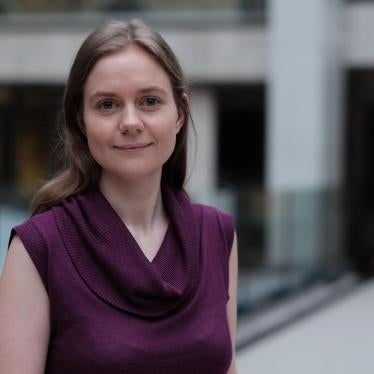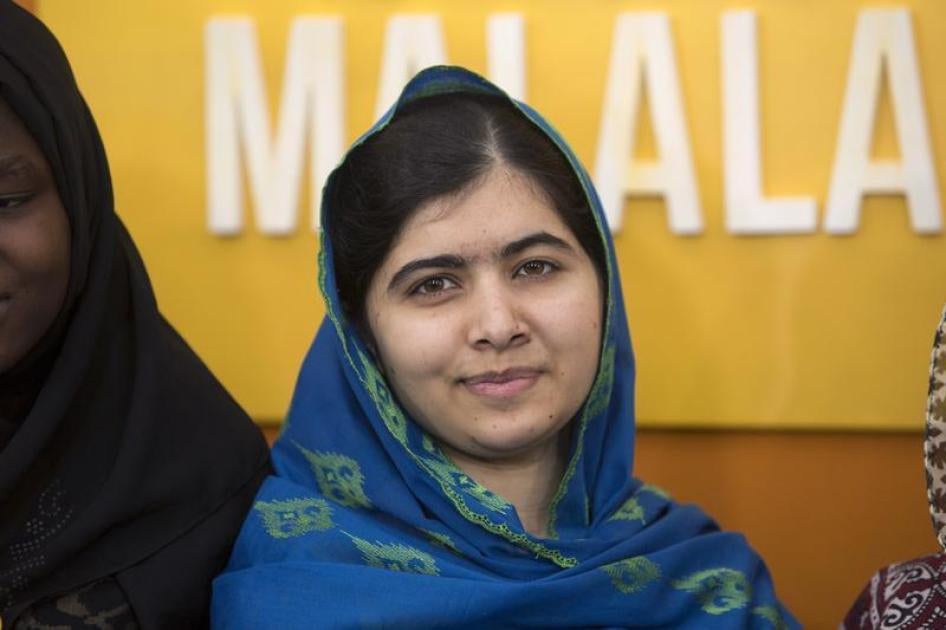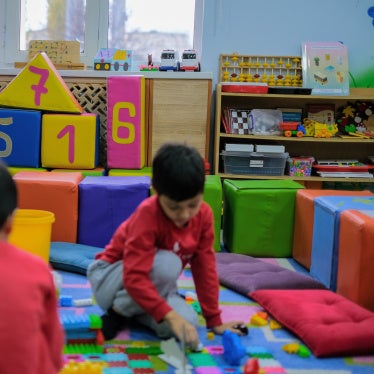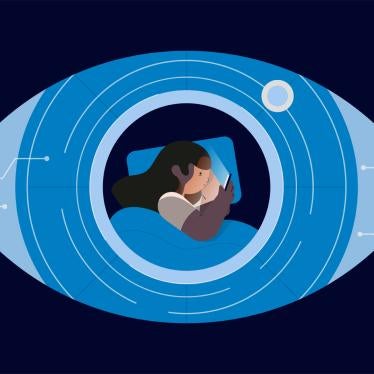In the documentary film “He Named Me Malala,” we see Malala Yousafzai at school, at home, and in her work as an advocate for children’s education. A Pakistani schoolgirl who survived being shot in the head by a Taliban gunman, Malala is also the youngest person to win the Nobel Peace Prize. It can be easy to forget that she’s also a teenage girl, something the documentary – released today in the United States – reminds of us of, as we see her worrying about school and fitting in. Now living in England, we see the challenges she faces integrating into a new country, as well as the strong Yousafzai family bond.
|
Dispatches
Dispatches: The Inspiration That is Malala Caught on Film
Your tax deductible gift can help stop human rights violations and save lives around the world.
Region / Country
Most Viewed
-
November 25, 2019
A Dirty Investment

-
June 3, 2025
“They’re Ruining People’s Lives”

-
December 21, 2023
Meta’s Broken Promises

-
January 25, 2024
“We’re Dying Here”

-
February 19, 2018
“All We Want is Equality”





